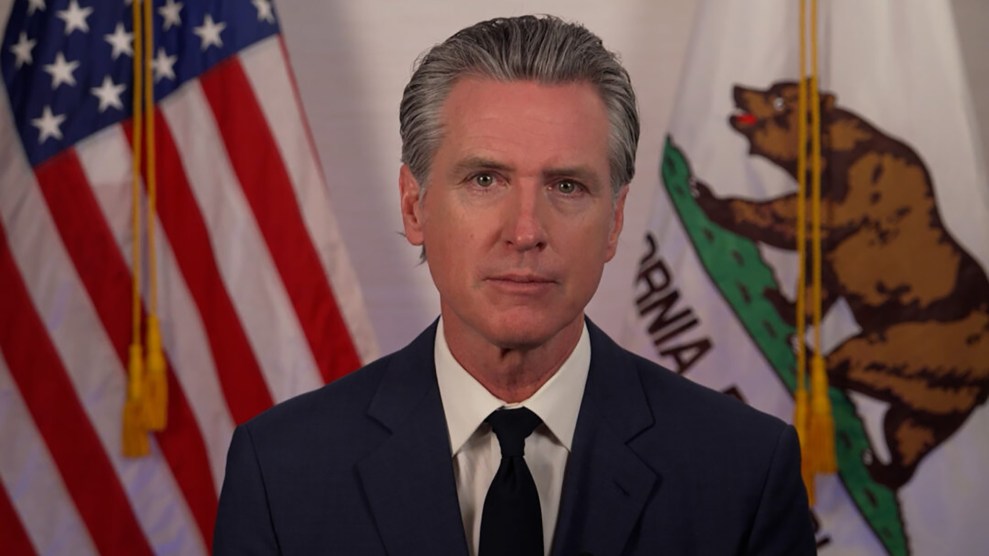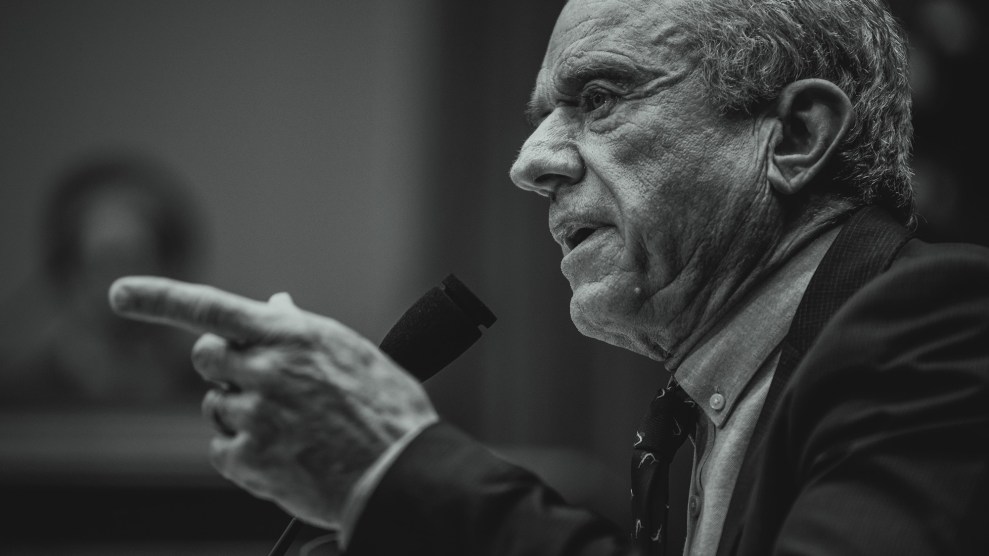
Courtesy State of Firsts
My red carpet interview with Rep. Sarah McBride (D-Del.) at the Saturday premiere of a new documentary on her history-making election as the first openly transgender member of Congress was interrupted by an adoring passerby.
“Sarah, I love you!” the man shouted. “I’m a donor and I don’t even live in the district!” (“Thank you for all you do!” the congresswoman replied.)
The fact that the 34-year-old first-term Delaware congresswoman has a national fan base, and is the subject of a documentary, State of Firsts, that premiered the Tribeca Film Festival less than six months after her inauguration, is only surprising if you are unfamiliar with McBride’s role as a trailblazer in American politics.
Last November, she became the first openly transgender person elected to Congress, outperforming Vice President Kamala Harris among voters in the nation’s second-smallest (and first) state. Before that, she was the nation’s first openly trans state senator when she served in the Delaware General Assembly. Her congressional election brought not only a national spotlight, but also anti-trans attacks from GOP lawmakers once she took office. There were also critiques from some trans people who wanted McBride to fight harder on their behalf as Republicans mount a full-scale assault on trans rights.
State of Firsts portrays McBride grappling with both the highs and the lows of what it meant to step into her role. It resists an easy narrative about life as a “first” being an upward trajectory of progress and celebration. For McBride, it has also been heavy with impossible expectations, conflicting allegiances, and flattening portrayals. As McBride sums up early on in the film: “It is an unbelievable challenge to figure out how I am seen as a full human being rather than just as a walking trans flag.”
Part of that challenge came from her GOP colleagues. In one scene, McBride watches Rep. Marjorie Taylor Greene (R-Ga.) attack her with insults on Steve Bannon’s podcast. “She’s just going to act like that every day,” McBride says to a campaign staffer as they watch the clip while sitting on a couch, “and my job will be to not respond.”
That self-imposed challenge was put to the test just weeks after her election, when Rep. Nancy Mace (R-S.C.) introduced a resolution seeking to bar McBride from using the women’s restroom. That move led to a swarm of media coverage. Democrats and LGBTQ advocates rushed to McBride’s defense. House Speaker Mike Johnson (R-La.) eventually announced that he would back a bathroom ban in the Capitol and implied that McBride would have to use the private bathroom in her office or one of the building’s unisex bathrooms. Greene even reportedly threatened to fight a transgender woman if she tried to use a women’s bathroom in the House part of the Capitol.
McBride refused to take the bait. She issued a statement that did not mention Mace by name but called the chaos sowed by the bathroom ban an effort to distract from the real issues plaguing the majority of Americans. “We should be focused on bringing down the cost of housing, health care, and child care, not manufacturing culture wars.” After Johnson announced he would move to enforce the bathroom ban (on Transgender Day of Remembrance, no less), McBride put out another, lengthier statement saying she would follow the rules “even if I disagree with them.” But for some trans advocates who wanted McBride to fight back, her response came as a “betrayal.”
The documentary features McBride’s most extensive and personal commentary on the debacle to date.
“The disobedience isn’t taking a toilet seat; the disobedience is taking this congressional seat,” McBride says in a scene while driving her car after an orientation in DC for freshman lawmakers. “It’s not just that they don’t want me in bathrooms; they don’t want me in Congress.”
“A win for them is me fighting back and then turning me into a caricature,” she continues. “There would be a bounty on my head if I said I refused to comply. I refuse to be martyred. I want to be a member of Congress.” And in what is perhaps her most blunt assessment of the risks she faces, McBride says: “It’s hard to play the long game when your short-term life is at risk.”
McBride manages to display an unwavering faith that she will be able to shift the culture in Congress, even if her strategy for doing so is not the one some advocates wanted. “The power of proximity, the power of our presence—it doesn’t change everything, but it has an impact,” McBride says in the car scene. “There are people who think representation doesn’t matter at all and there are people who think it will solve everything, and it’s somewhere in the middle.”
The film also shows the ways McBride’s family, Democratic allies, and an ongoing supply of Wawa coffee supported her during the campaign and her early days in office. In a sit-down with Rep. Alexandria Ocasio-Cortez (D-N.Y.), the pioneering lawmakers discuss the harder parts of making history. “What people don’t see and what they don’t really experience is that being the first means being the only,” Ocasio-Cortez tells McBride. “What they go after is your essential dignity as a human being. And, to be frank, that’s what really pisses me off about this,” she adds, referring to the bathroom ban.
“I want to respect your autonomy and I want to respect your story and how you want to handle this for yourself, but I also want to clock these motherfuckers,” Ocasio-Cortez adds.
McBride’s strategy, though, seems to have paid off: Mace and Greene have since directed their attention elsewhere, and McBride has managed to work with colleagues across the aisle to introduce and co-sponsor several pieces of bipartisan legislation.
“You have to remove the incentives for these people, because at the end of the day the incentive is attention,” McBride said at a panel discussion after the New York City premiere. “They’re employing the strategies of reality TV.”
McBride, on the other hand, describes herself as “fairly disciplined” in how she conducts herself in office. But she makes room for humor: After the credits roll, there’s a short video of McBride giving a tour of her office in Congress—including the bathroom.
“It’s amazing,” she says, when she steps inside, “that I didn’t just burst into flames.”
State of Firsts will next show at the DC/DOX film festival in Washington, DC on June 15.

















